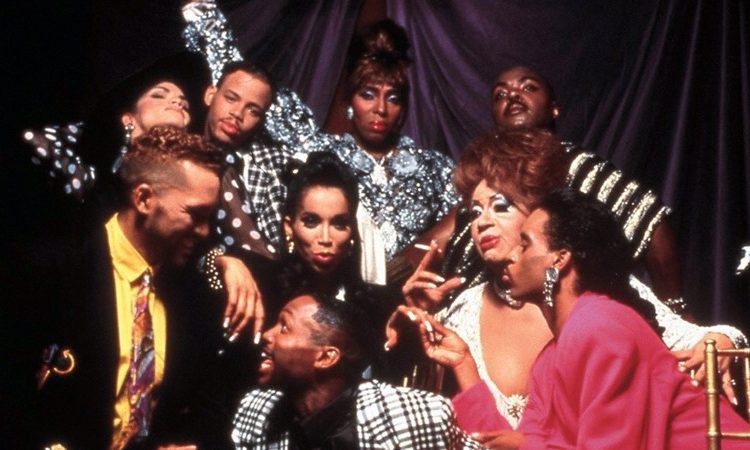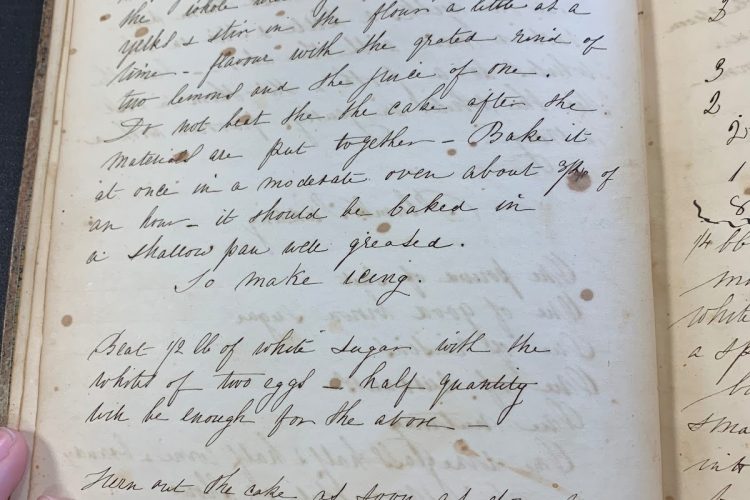Marina Alfano balances what it means to live and eat ethically in her essay exploring a potential solution to the dilemmas that arise when we consume meat. Over the course of this thoroughly argued piece, we see Marina pre-empt and balance counterarguments, grapple with pressing moral and environmental issues, and ultimately present us with a […]
Noel Li’s thorough and dynamic analysis of women’s sexualization in the marketing of American Apparel stands out not only in its content, but also in the palpable passion for the topic Noel displays in her writing. Her use of formal and casual language, measured and thoughtful critique, and direct appeal to her readers’ sense of […]
Shreya Singh brings Crime and Punishment into its own time in her essay, deftly balancing close reading of Dostoevsky’s language with history of the social and political contest underpinning the novel’s belief system. She makes her claim clearly, backs it up confidently, and carefully considers alternative points of view, ultimately producing an analysis which not […]
Applying the ideas of Audre Lorde to the ballroom scene of Paris is Burning, Kali Adams aligns the struggles and aspirations of marginalized people in a thought-provoking and intersectional process that simultaneously pits them against themselves and explores the concept of what it means to be “other.” By questioning the very basis of the desire […]
Shay Iyer’s prose intricately blends nostalgia, music, and ritual as she leads us through the life of her father as if in song. The story she tells of her father speaks far beyond his particular experience and vibrantly articulates a broader commentary on social hierarchy, familial knowledge, and the ways our identities take shape. This […]
Cookbooks exemplify the ideals of a society: what an authority thinks people should eat, what their society values. Print cookbooks are aspirational, while handwritten cookbooks give an account of what people actually ate—giving us a glimpse of their real lives. In her handwritten recipe book, Mrs. George W. Biddle gives an honest view of the values of high-society women in the 19th century through the recipes included. Mrs. Biddle used recipes as social currency, recording ones that elevated the status of the family and trading with other women.






Recent Comments